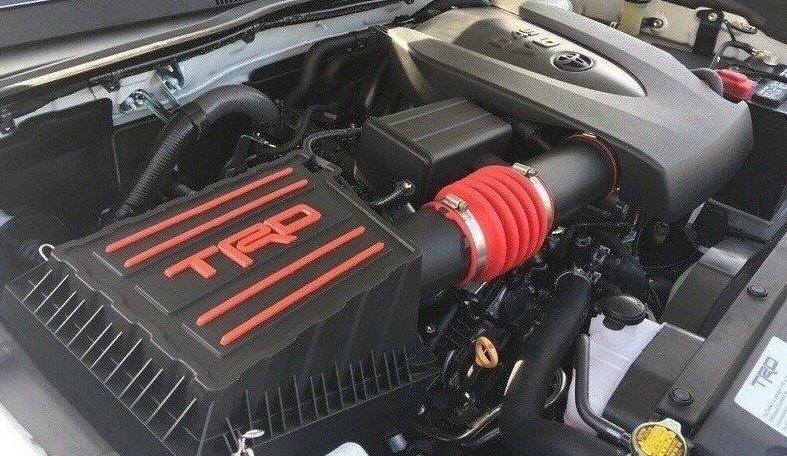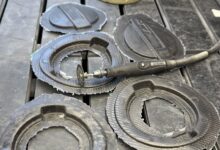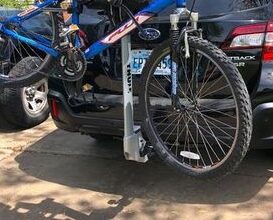
The 2017 Toyota 86, alongside its siblings the Subaru BRZ and formerly the Scion FR-S, is celebrated as a pure driver’s car. With its lightweight design, rear-wheel-drive layout, and razor-sharp handling, it’s a blank canvas for enthusiasts seeking to elevate performance. While the stock 2.0L flat-four engine delivers a spirited 200 horsepower, the aftermarket offers a plethora of parts to enhance power, handling, and aesthetics. Here’s a breakdown of key performance upgrades for the 2017 Toyota 86.
Engine Performance
The 86’s engine, while revvy and responsive, benefits from forced induction or free-breathing modifications. A cold air intake (e.g., AFe Power, Injen) draws in cooler air for modest horsepower gains. For more aggressive upgrades, turbo kits (e.g., Cobb, RSR) or superchargers can significantly boost power, though they require ECU tuning and additional reinforcements. Exhaust headers (e.g., Megan Racing) reduce backpressure, while a tuned ECU ensures optimal fuel mapping for new components
Exhaust Systems
A performance exhaust not only amplifies the 86’s soundtrack but also enhances flow. Brands like Borla and K&N offer cat-back systems that reduce weight and improve exhaust note. For track-focused builds, test pipe deletes or resonator deletes can further maximize performance, though they may draw attention from emissions authorities.
Suspension and Handling
The 86’s handling is legendary, but enthusiasts often seek sharper responses. Coilovers (e.g., Tein, KW) lower the ride height and improve damping. Sway bars (e.g., Whiteline) reduce body roll, while polyurethane bushings enhance chassis rigidity. For track days, camber kits optimize tire contact under aggressive cornering.
Braking Upgrades
Stock brakes are adequate for street use but can fade under heavy track punishment. Big brake kits (e.g., Brembo, Wilwood) with multi-piston calipers and slotted rotors provide better stopping power. Upgraded ceramic brake pads (e.g., Ferodo) offer improved bite and heat resistance.
Wheels and Tires
Lightweight wheels reduce unsprung weight, improving agility. Brands like Volk Racing or Advanti offer strong, light options. Pair these with high-performance tires (e.g., Michelin Pilot Sport 4S, Toyo R888R) for superior grip. A common setup is 18-inch wheels with 225/40 tires for a balance of performance and comfort.
Aerodynamic Enhancements
For high-speed stability, front splitters and rear wings (e.g., Rays Engineering, Nardi) increase downforce. Diffusers improve airflow under the car, while side skirts reduce lift. These parts blend function with form, enhancing the 86’s aggressive stance.
Interior and Weight Reduction
Lightweight carbon fiber seats or recaro buckets shed pounds and improve driver support. Adding boost gauges or a tachometer helps monitor performance parameters.
Modifying the 2017 Toyota 86 is about balance. While a turbo kit can unleash 300+ horsepower, it’s crucial to pair it with suspension, brake, and tire upgrades for safety and control. Enthusiasts should prioritize their goals—whether track dominance, daily driving comfort, or style—and build incrementally. With its robust aftermarket support, the 86 remains a favorite for those who crave the thrill of driving. By thoughtfully selecting performance parts, owners can transform this nimble coupe into a world-class sports car that’s as fun to modify as it is to drive.




